More exciting news, Feministas! We are thrilled to tell you that Esther Perel will be joining us at Emerging Women Live 2017 October 5-8th in Denver, CO. Why are we so pumped?
We find that stepping into your sexual power can be crucial to stepping into your full power as a feminine leader. What does one have to do with the other? If we’re disconnected from the flame that’s inside of us, nothing’s gonna happen. People will feel it (or feel something missing) and we’ll be exhausted from running on fumes.
Esther Perel is a penetrating observer of social and cultural patterns shaping our relationships: with our partners, with our desires, with our sexuality, with ourselves. At Emerging Women Live 2015, she invited us to imagine we were gathered for happy hour, favorite cocktails or mocktails in hand, and she asked us what she calls the 5 essential questions:
Why does good sex fade even with couples who continue to love each other? Why does intimacy not guarantee good sex? Why does sex make babies while parenting kills sex drive? Can we want what we already have? And why is the exotic so erotic?
We were HOOKED.
Here’s a few snippets from our Emerging Women podcast “The Fluidity of Desire” to help you get a feel for Esther’s brilliant perspective on women and desire in the modern age. Listen to the full podcast to hear more (plus get the benefits of hearing Esther talk about desire in a French accent).
[sc name=”blog-1″]
Enjoy!
Excerpts from The Fluidity of Desire with Esther Perel & Chantal Pierrat
EP: Many women in this age of perfection have to learn to just say, “It’s enough for today. And now me,” rather than, “Wait!” She’s exasperated or frustrated or something beyond, and then she doesn’t know how to experience desire because then she experiences deserving. Now she’s in the realm of resentment and now she doesn’t just say “I want,” she says, “I deserve,” right?
“Deserving” is wanting a prize. Some people don’t feel that they are allowed to want so they have to be at the end of their ropes to finally say, “Now me!” But then they say it with such violence and with such an aggression that they can shake up the whole house.
That’s what happens many times in relationships. She doesn’t say it earlier when it’s just, “Hey, I feel like it, I want to,” she screams it: “I deserve! I’ve had it! I’ve had enough!” And then she blames him or her or whoever else is around her for not being allowed to say this sooner.
In fact, she just doesn’t feel like she can say it sooner because she first needs to be perfect, have it all done, and then she feels that desire is a reward rather than that desire is basically part of her human right.
CP:When we’re living in that loop of perfection, then that criticism can’t help but spill out. Because we’re putting so much on ourselves, we bring those standards to our relationships, and then it’s nothing but “lack” and “criticism” and “not good enough” on both the inside and the outside.
EP: It’s really kind of an epidemic at this point, yes? You’ve got the most confident, successful, powerful group of women in history walking around constantly with an inner voice of “flawed, and critical, and not enough.” It’s just tragic. And, I should add, resentful, because, “How can you sit down when there is so much to do? Don’t you see?” But why don’t you just sit down? Does it really matter? Is that going to be written on your epitaph? “You cleaned when…” or “You organized and labeled when…” or whatever? Or, “You deprived yourself nicely”?
It’s a very interesting thing to help women allow themselves the permission to experience pleasure, which is really where desire resides. To experience freedom, to experience autonomy, and all of that, we end up instantly feeling selfish and guilty.
CP: Well, what’s interesting about what you’re saying is that because we’re kind of hardwired to touch into our desire through the other, it’s hard to get in touch with that. It’s like a muscle we have to flex to find the source of our desire within.
EP: We rekindle desire by rekindling, first of all, the permission to think about oneself and not in the productive, instrumental way. The erotic is totally unproductive. You accomplish nothing. It’s just a state of aliveness and of vitality and of sensuality.
We are sexual beings, and sexuality isn’t how often she has sex and how long the sex lasts and how many orgasms she has. It’s basically a connection with her erotic self. It’s a much broader definition of sexuality, one where we talk about reaching desire, and that’s the progression that she needs to go through.
CP: I think a lot of what holds us back as women is this lack of ownership on that individual level of our own desire, and also lack of self-acceptance. We’re working on freeing ourselves from this perfection and actually kind of falling in love with ourselves so that we are a turn on, not just in terms of our relationships, but that we can have that juice and charisma and energy, frankly, to lead in a way that’s empowerful and impactful.
EP: But then we will need to learn that our appreciation of ourselves doesn’t become perfect, but more like how Brené Brown talks about it, because we welcome the gift of imperfection. If we actually are more compassionate with ourselves, we accept our imperfections, we’re not agreeing to sell everything, and we seem like ourselves and can even get a good laugh at it, then we will be in a much better place.
CP: What do you recommend for women, especially, to grab onto in this era of… “chaos” is kind of a strong word… but an era of new? Everything’s being re-created and we’re rethinking everything. What’s something solid that we can hold onto that we can fall back on and know that it’s always going to be there?
EP: People. People. Community. That’s the only thing we have in this world. We don’t have the traditional pillars, we don’t have the models. What we have is conversation, which is really what your gathering is about, creating real-life, embodied experiences where people come together and discuss all the dilemmas of love and living.
And in those conversations, bit by bit, we dismantle and we challenge the old hierarchy. It’s time for women to be angry without being considered bitches or aggressive or masculine. It’s time for them to not constantly worry about being liked. It’s time that they think that they can ask for the same amount that the men are asking. It’s time that she feel that she can be seductive without thinking that she’s a slut. It’s time that she can integrate femininity and power as part of her success and her activation story.
It’s all these divisions, basically, dismantling the patriarchy, if you want to put a name on it. But what will replace it isn’t a matriarchy and it’s not genderless, it’s gender-fluid. It’s different. We are just living way too long these days to just abide by one model. And they understand it in the professional world, in the business world, the tech world. Everything is about multiplicity. When it comes to gender identity and relationships, we are left with very little monolithic, narrowly thought out models that don’t serve us anymore. They just don’t serve us.
So what happens is that people get blamed for not succeeding, right? You get blamed because you’re divorced, but nobody ever questions if the model of marriage is so sound. Why do we think marriage is a sound arrangement? And the people who don’t succeed, they’re the failures? And [it’s the same] for everything else. If you can succeed with children, it’s not because there’s a lack of childcare and a lack of good schools and a lack of this and that. It’s because you [know how] to juggle your schedule.
And so we are privatizing social problems and making the individual responsible for it. And I think that if women come together, the biggest challenge is not to think that it’s just a matter of each woman on their own, coming up with societal solutions to society’s problems. They need to be connective solutions for connective problems, in which she is a piece of the voice, that she’s not responsible on her own to deal with the lack of support that the system should provide her. To me, that is going to be the biggest shift that women can offer these days. It’s actually a challenge to the excesses of individualism.
I can’t even tell you, just from this week, with the amount of women I met, how often my eyes fill up. I’m thinking, “You carry a load, don’t you, and you actually think you should. And you still think that you’re not carrying it well enough.” I’m thinking, “My God, can we stop personalizing difficulties that are systemic, as if they’re your personal challenge?” It’s not like that, it’s really bigger than you, and we have to remember that it’s bigger than you, and then all come together and address it and make those changes.
And then our lives will be better and so will the lives of the people around us, because we will be less upset. And rather than thinking we’re upset because we can’t do it all, we will be upset because we are thinking that we should do it all.
CP: Amen, sister. May it be so!
Early Bird discounts expire at the end of the month, so save your seat now!


